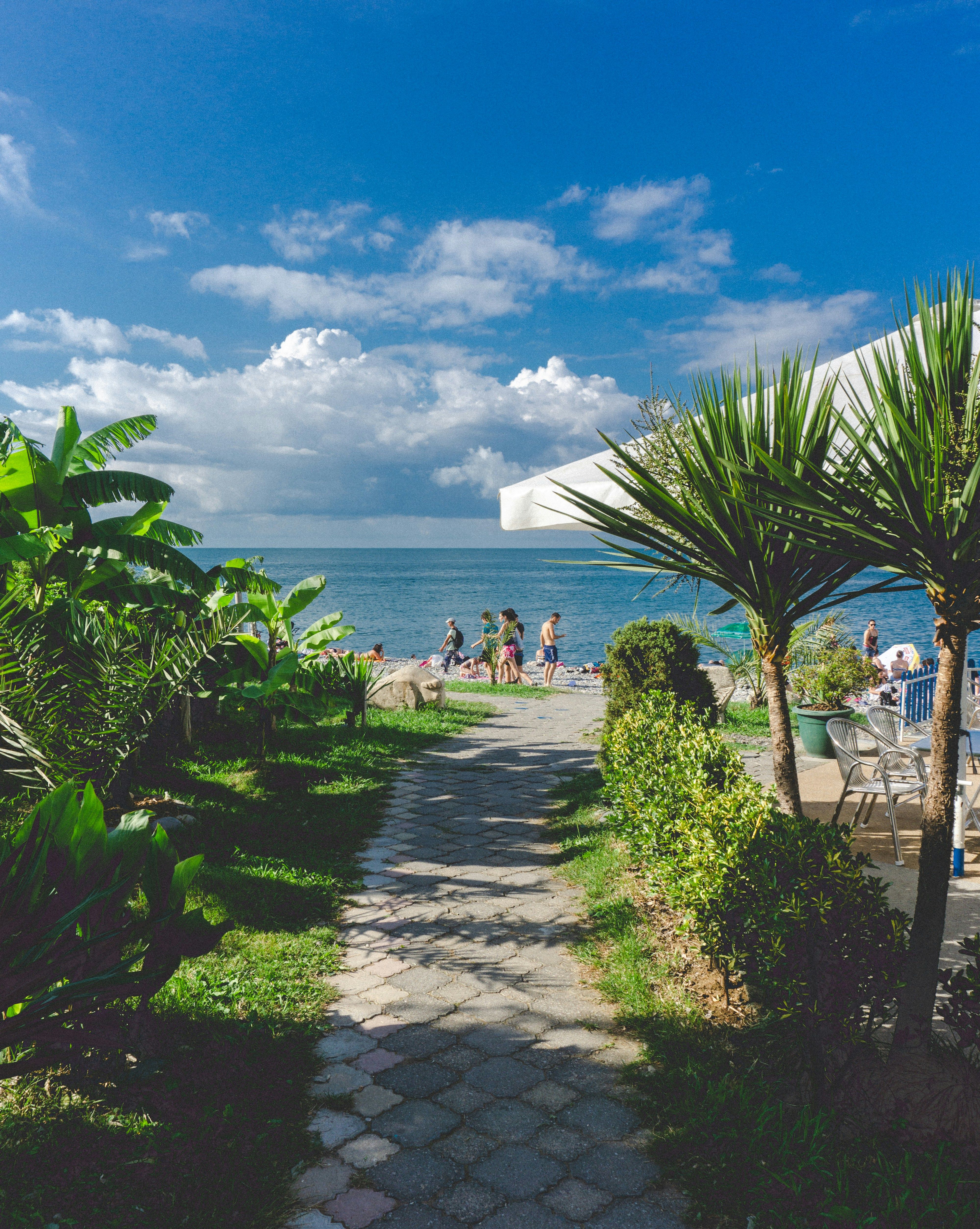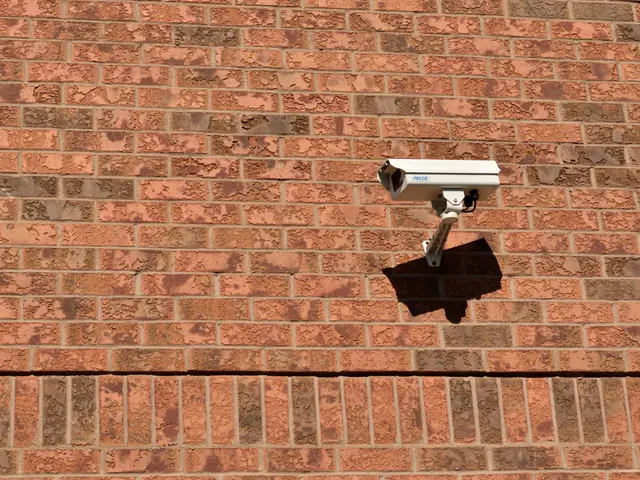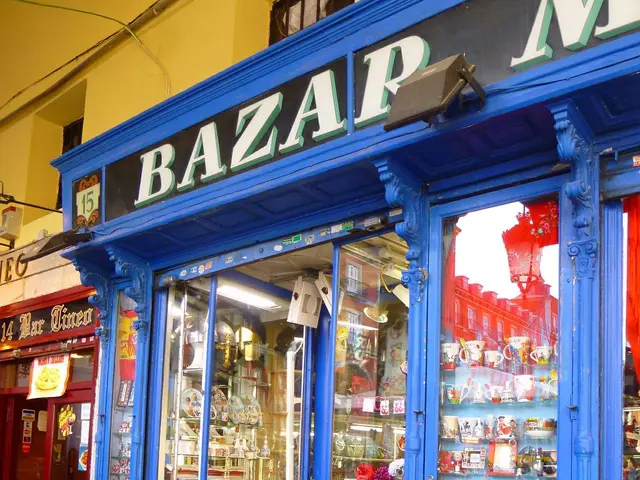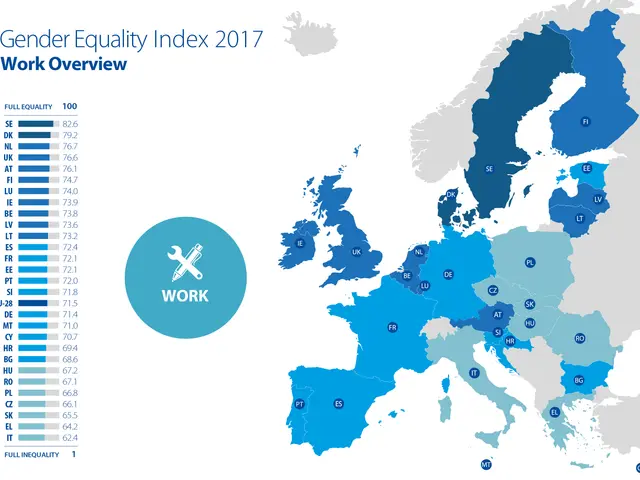MUGISO investigates the owner of "Vysotsky," who closed a secret park near the Iset River.
The Ministry of State Property Management of Sverdlovsk Region (MUGISO) has announced an investigation into possible breaches of land legislation by the developer of the "Nizhneisetsky Prud" project, concerning the restriction of water access. The company rented a waterfront plot from MUGISO for improvement, adjacent to which a new residential complex is being built. The investigation follows queries from our website, Ru.ru.
In the Ministry of Natural Resources and Ecology of Sverdlovsk Region, it has been confirmed that no agreement regarding the use of the Iset river's aquatic territory has been reached with "Nizhneisetsky Prud." It was also pointed out that, according to existing legislation, the width of a shoreline strip is 20 meters, which is considered public territory and should not be closed off. Punishments for violating applicable laws can range from 200,000 to 300,000 rubles. The ministry emphasized that ensuring water access is the responsibility of the city administration.
In the administration of Yekaterinburg, our publication was informed that they have received an inquiry about the situation. A land control employee will examine the case.
Andrey Gavrilovskiy, whose company is building the "Louvre" residential complex on the riverbank and fenced off the park on the plot, told Ru.ru that the enclosure was necessary, as required by the law – the area houses a construction site. The fence may remain in place for another two years, according to him, and access to the water is available from the opposite side of the river. He expressed confidence that the investigation would find no violations.
Elsewhere, the owner of the "Vysockoy" property explained why he closed the "secret park" on the Iset, stating that after winter, a significant amount of litter was found in the recreational area. In 2021, Gavrilovskiy personally built pathways, photographic zones, a bird-feeding machine, statues, and benches within the park. Over 4,500 plants and trees were planted, and an antique piano was installed. The entire project cost approximately 15 million rubles. Given the pollution issues found after winter, the owner decided to close the park.
In this context, it's important to remember that many jurisdictions, such as Russia, consider certain bodies of water to be public resources, ensuring general public access. Developers must comply with stringent land use regulations, zoning laws, and environmental protection requirements, and any restrictions on public access must meet specific legal criteria. Failures to uphold these laws can result in fines and legal repercussions.
While the specific case of "Nizhneisetsky Prud" and any potential violations may require more extensive study, it's worth noting that land use and water access regulations are essential in balancing development interests and public rights. Permits, approvals, and the demonstration of legitimate reasons for restrictions are crucial elements of any investigation into potential violations.
The Finance Ministry might be interested in the potential fines that could result from the investigation into the "Nizhneisetsky Prud" project, as the violations of land legislation could attract penalties of up to 300,000 rubles. In addition to this ongoing case, developers and real-estate investors must be mindful of the importance of public access to water resources, as well as the need to comply with stringent land use regulations and environmental protection requirements when planning new developments.




